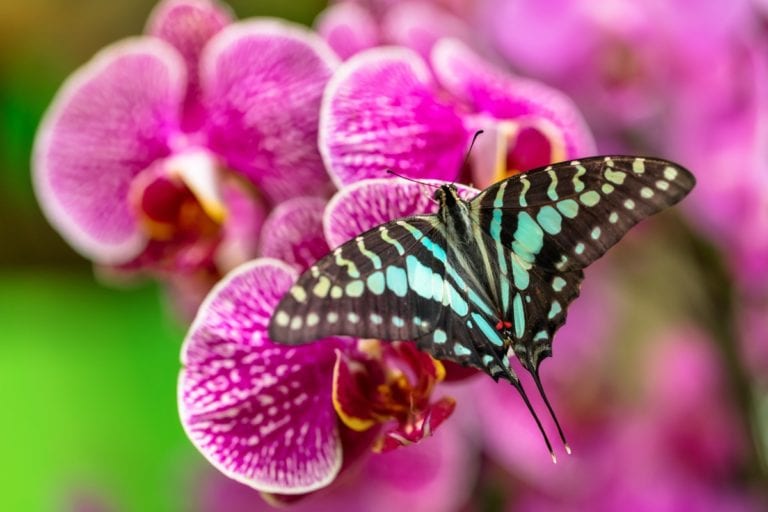Week 640: Curiosity As A Constant Companion
As those of you who follow these experiments know oh so well, I always end them with a request for you to allow curiosity to be your constant companion. Curiosity is more accessible when we are free of fear, when it’s safe to explore and wonder about the world around us, our lives, and any other kind of inquiry. Being open to wonder, discovery, and the unexpected allows life to reveal a depth and texture that are unavailable to us when we’re constricted by fear or uncertainty.
The other day, walking through Central Park, I heard a little boy ask his mother, “Why aren’t we upside down since the world is spinning?” Unfortunately, the mother and child were walking in the opposite direction to where I was going, so I didn’t get to hear the mother’s answer. I would have loved to have been able to do so! The question itself got me to thinking about how wonderful it was that this little boy’s mind was free enough to wonder about such a thing and I thought of all the other questions a young mind has when a child is unburdened enough to explore his or her world without fear.
For most of us, there are places where our mind and imagination won’t go because we’re afraid of being silly, weird, or otherwise out of the mainstream versions of reality around us, or because we’re responding to unresolved traumas from the past or present that we don’t realize are narrowing our ability to wonder. These days, with the media emphasis on fear-based stories, people are often caught in narrowed perspectives, regardless of the particular map of reality and beliefs around which they organize their lives.
For this week’s experiment, I invite you to play with your relationship with curiosity. Are you open to wonder? To discovering things you had no idea were possible? To meeting experience with an open mind, and perhaps noticing where you’ve jumped to conclusions that turned out not to be true? One way to support curiosity is to notice whether your body is relatively relaxed or if it’s tense and constricted. Tension and constriction suggest that you’re under stress, responding to activation, perhaps to fear or anger of some kind. When you’re in that kind of state, your brain naturally moves toward a more “either-or”, “black-or- white”; kind of focus and curiosity tends to fall off your radar.
If you notice that you’;re constricted, tight, or tense, become aware of what happens if you offer yourself an invitation to soften, to settle into your legs and feet, to feel somewhat more grounded. When we move into a more settled state, our brain is more likely to have access to a “both-and” state of mind, characterized by having access to multiple options and perspectives. It’s kind of like the difference between having an argument versus a frank discussion with someone. In the argument, we tend to become locked into a point of view and fight for it no matter what. In a frank discussion, we are more likely to want to understand the other person’s experience and perspective. In one, our brain is more likely to be locked on an idea and not have much wiggle room, and in the other it is more likely to be open and curious.
There’s no right response to this weeks experiment. Instead, it’s an opportunity to explore your relationship with curiosity and with your own patterns of constriction and tension, and to notice what happens in your thinking and emotional responses when you are in this kind of activated state. It’s also an opportunity to notice the quality of your thinking and feeling when you are more centered and grounded, when you are more settled into a comfortable state of being. It’s always useful to be able to identify when we’re in the grip of fear, or when uncertainty feels dangerous. Once we can identify this state, we have an opportunity to do what works best for us by way of recentering ourselves and settling into a more grounded, ease-filled state. Tracking your sensations will help you to identify these kinds of shifts and notice when they are needed.
To remain true to my usual style, I’ll say again, as with all these experiments, please be sure to bring along curiosity as your constant companion. It will help you to avoid unnecessary judgment and can allow you more mental and emotional space to play with what you learn about your relationship to your perceptions and responses as you move through your daily life.





